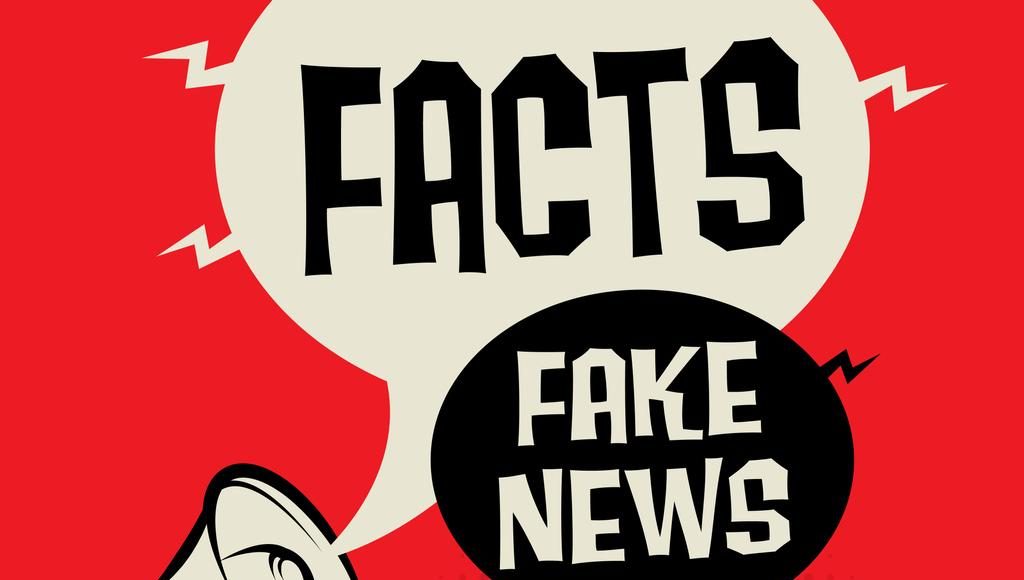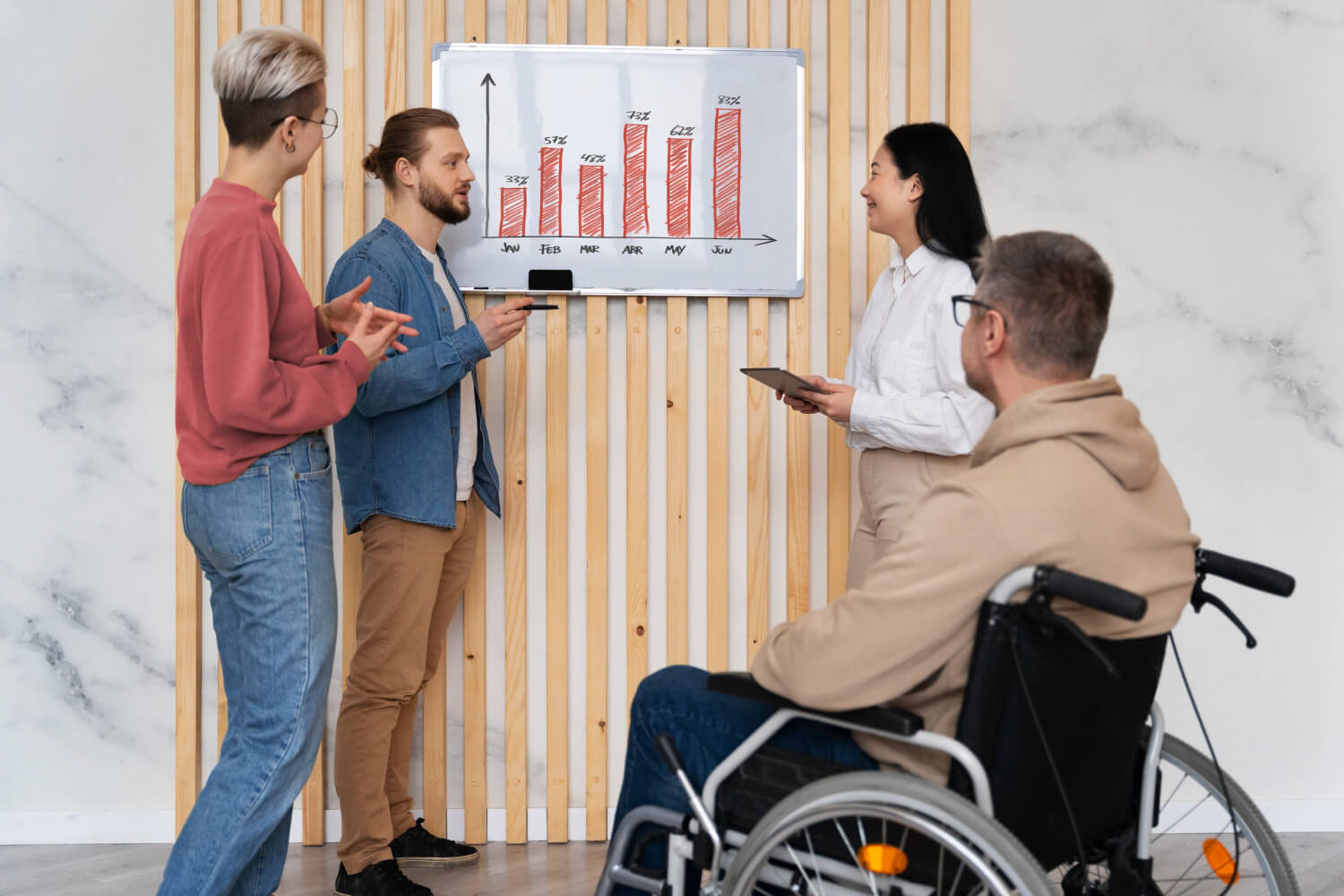Fake news isn’t just an inconvenience; it’s a ticking time bomb for democracy. From influencing public opinion to having less trust in institutions, the spread of disinformation has turned from a tech-era nuisance into a full-blown crisis. But as lies outpace facts and algorithms amplify falsehoods, the stakes have never been higher. Can democratic societies withstand the relentless wave of fake news, or are we watching the slow decay of truth itself?
This article dives into the heart of the disinformation dilemma, exploring how it threatens the foundation of free societies and what can be done to protect the truth. And in an age where integrity is more vital than ever, even businesses play a role—discover Why Corporate Social Responsibility Is Essential in 2024. Get ready, because this is a battle for more than just headlines—it’s a fight for the future of democracy.

The Role of Social Media in Spreading Disinformation
Social media has become a powerful tool for communication, but it’s also a breeding ground for disinformation. Algorithms designed to prioritize engagement often amplify sensational or polarizing content, regardless of its accuracy. This creates a fertile environment for fake news to grow, as the most shocking or emotionally charged stories are the ones most likely to go viral.
Adding to the problem are echo chambers, where users are fed content that aligns with their existing beliefs. This reinforcement makes it easier for misinformation to take root and harder for opposing views to break through. The sheer speed at which information spreads on social platforms leaves little time for fact-checking, making it even easier for falsehoods to gain traction.
Moderating content is a monumental challenge for tech companies, as they must balance holding back disinformation while respecting free speech. If left unchecked, the unchecked spread of fake news weakens trust in democratic systems and promotes division. Addressing this issue requires more than just tech solutions; it demands a collaborative effort to uphold truth in the digital age.
Real-World Consequences of Fake News in Elections
Fake news has the power to influence elections in profound and damaging ways. By spreading false narratives, it can mislead voters, shift public opinion, and ultimately control results. For example, during key elections worldwide, misinformation campaigns have falsely attributed criminal acts to candidates or fabricated policies to incite fear. These deceitful tactics manipulate voter behavior and falsify the democratic process.
One significant consequence is the deterioration of trust in electoral systems. When fake news proliferates, citizens become doubtful of information sources and suspicious of election integrity. This distrust can lead to lower voter turnout and decrease of confidence in democracy altogether.
The ripple effects of disinformation extend beyond election day. It can polarize societies, deepen divisions, and cause political instability. False narratives amplified on social media not only confuse voters but also strengthen echo chambers, where misinformation thrives unchecked.
Combating fake news in elections is important for preserving democratic principles. It requires a combination of media literacy, technological solutions, and accountability from platforms to ensure voters have access to truth, not lies, when making decisions.
What You Can Do to Spot and Stop Fake News
Fighting fake news starts with you. By being a critical consumer of information, you can help to prevent the spread of disinformation. Start by verifying sources. Always check if the article or post comes from a credible and well-known outlet. Look for transparency about authorship and citations. If the source is suspicious or unknown, dig deeper before believing or sharing it.
Next, be mindful of biases. Fake news often plays on emotions like anger or fear to make you react without questioning. Ask yourself if the content is overly dramatic or one-sided, and seek out alternative perspectives to get the full picture.
Fact-checking tools can also be an invaluable resource. Websites like Snopes or FactCheck.org can help verify claims quickly. A reverse image search can also reveal if photos or videos have been manipulated.
Finally, think before you share. Even well-meaning sharing can contribute to the spread of misinformation. By questioning the accuracy of what you see and promoting verified information, you can play a part in safeguarding truth and empowering democracy.
Conclusion
Fake news threatens the very core of democracy, but we hold the power to fight back. By staying informed, questioning sources, and sharing responsibly, we can avoid disinformation’s reach. Together, we can protect the truth and ensure that democracy remains strong for generations to come. The future depends on us.






